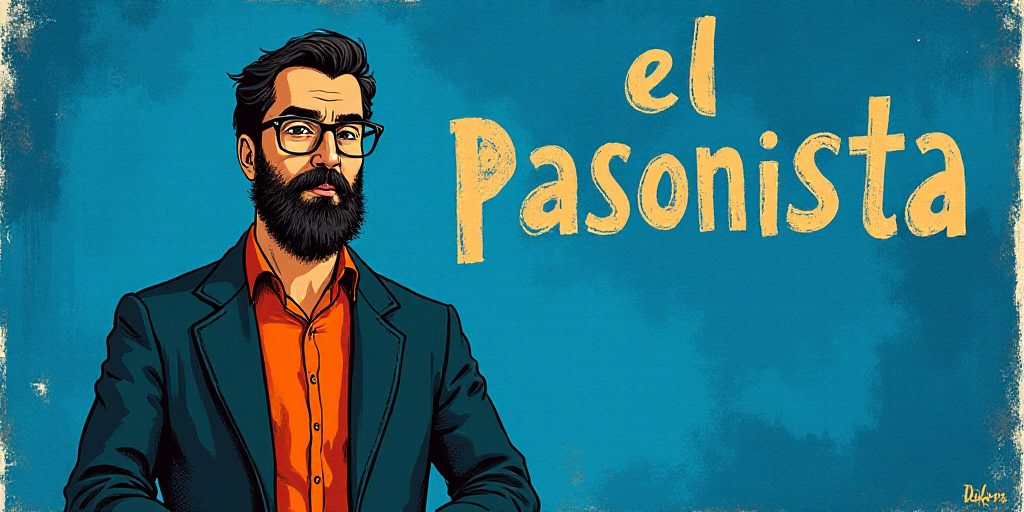Introduction
Between September 15 and 23, over 430 homicides were committed in Mexico. This grim statistic underscores the weekly loss of lives that often goes unnoticed in media and international agendas. However, the murders of Colombian musicians B-King (Bayron Sánchez Salazar) and DJ Regio Clown (Jorge Luis Herrera) stood out as an exception. The case sparked public debate in Mexico and Colombia.
The Musicians’ Arrival and Disappearance
The artists arrived in Mexico at the beginning of September to advance their careers. On September 16, after visiting a Polanco gym and informing acquaintances of an upcoming meal, they vanished. Their bodies were found on September 17 in Cocotitlán, Estado de México, displaying signs of torture and a narcomessage from La Familia Michoacana. Their identities were confirmed on September 22.
Background of the Artists
Neither B-King nor DJ Regio Clown had criminal records, and their careers were confined to urban entertainment in Colombia without promoting violence or crime in their songs. B-King once claimed to be the nephew of Camilo Fritanga Torres, former leader of the Clan del Golfo. However, there is no evidence suggesting a direct criminal relationship between them.
Political Response and International Impact
The double homicide became a diplomatic issue. International coverage and public opinion in both countries highlighted the insecurity and impunity that characterize today’s Mexico. The case became a symbol of vulnerability for foreign visitors.
The practical effects have been felt in the cultural and artistic realms. International agencies and artists are demanding greater security guarantees and reconsidering activities. Yet, there is no information indicating any cancellations directly linked to the B-King and DJ Regio Clown case.
In other countries, a crime of this brutality would deter the arrival of artists and foreign visitors. However, Mexico is an exception: despite violence and warnings from at least ten governments to avoid traveling to certain states, tourism is growing at record levels. Between January and June 2025, 23.4 million international tourists visited Mexico, a 13.8% increase from 2024. Aircraft connectivity and hotel investments continue to expand, and Mexico remains among the most visited destinations, hosting a significant number of international artists, famous or not.
Impunity and the State of Justice in Mexico
This case exemplifies the institutional fragility and inability to ensure justice in a country with over 430 homicides in eight days. According to Human Rights Watch, nine out of ten homicides in Mexico go unpunished, equating to nearly 90% impunity. Mexico Evalúa raises this figure to 96.3 percent.
The murders of B-King and DJ Regio Clown serve as a reminder that daily violence in Mexico remains the greatest challenge for any government. It is not an isolated incident or exceptional tragedy but a reminder of the state’s inability to protect lives. Until impunity decreases, each homicide will confirm that life in Mexico is cheap, and justice nearly worthless.
Key Questions and Answers
- Who are B-King and DJ Regio Clown? B-King, whose real name is Bayron Sánchez Salazar, and DJ Regio Clown, known as Jorge Luis Herrera, are Colombian musicians.
- What happened to them in Mexico? They arrived in Mexico for their careers and disappeared on September 16. Their bodies were found the next day, displaying signs of torture and a narcomessage from La Familia Michoacana.
- Why is their case significant? Their murders sparked public debate in Mexico and Colombia, highlighting the country’s violence and impunity issues.
- How has their case affected Mexico’s image? Despite the violence and warnings from multiple governments, tourism in Mexico continues to grow. However, the case has raised concerns about safety for international artists and visitors.
- What is the level of impunity in Mexico? According to Human Rights Watch and Mexico Evalúa, nearly 90% to 96.3% of homicides in Mexico go unpunished, reflecting a severe justice system issue.






